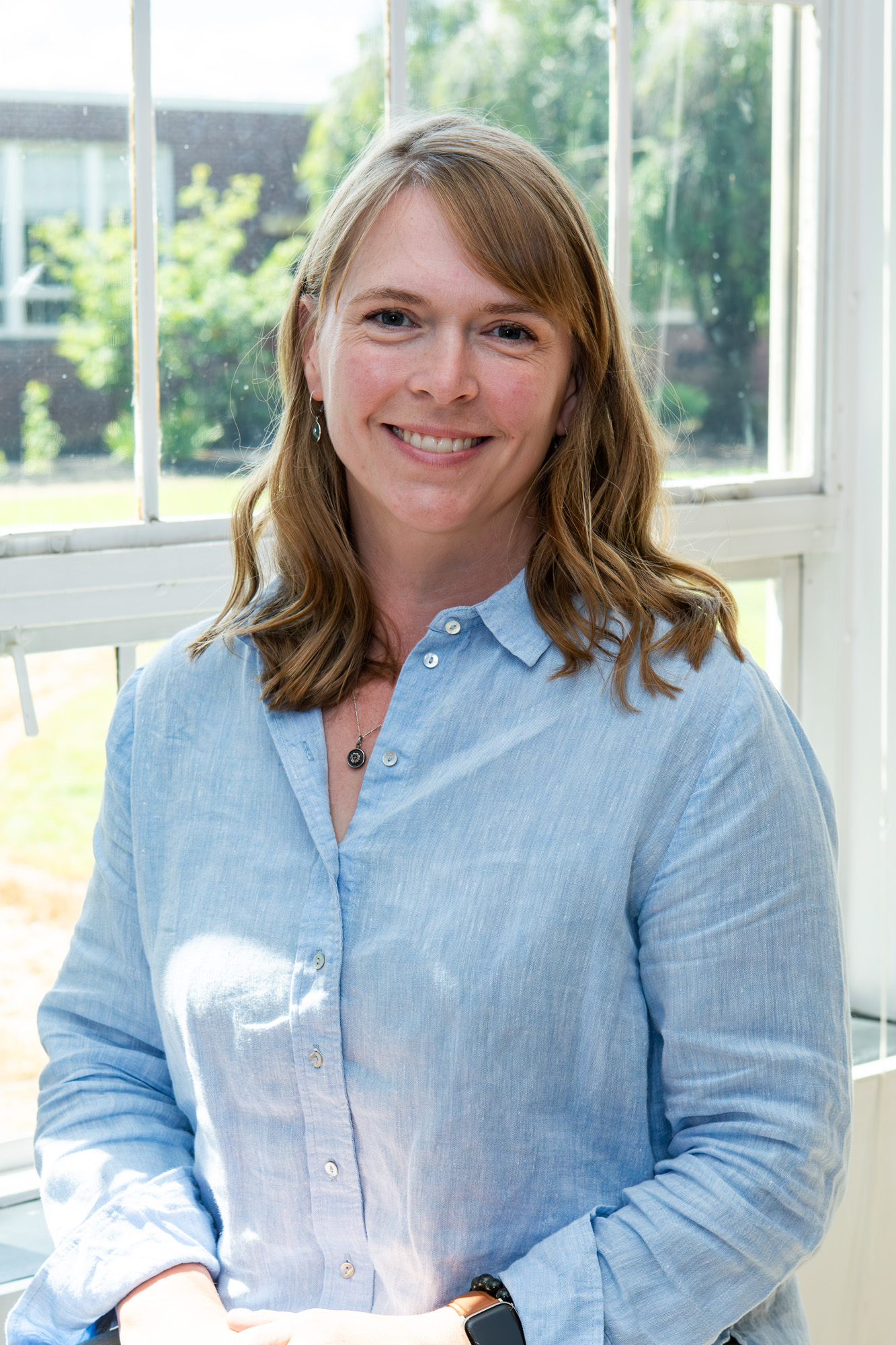Cultivating Christ-Shaped Critical Thinking
Book a school tour
In middle school, kids learn to think critically and argue effectively. This is known as the "logic stage" in classical education. Through learning formal logic, kids can develop their argumentative skills. Writing and speaking exercises help them hone these skills. Teachers encourage argumentation in all subjects, as each subject has its own logical way of thinking. Science teaches kids to make and test hypotheses, while math teaches them to manipulate numbers through algebra and geometry.

Embracing the Challenge & Transition
Middle schoolers can be challenging as they transition from eager-to-please children to young adults with their own ideas. Veritas embraces this challenge and sees value in teaching logic and critical thinking during this important phase. As Dorthy Sayers notes in her essay "The Lost Tools of Learning", children at this age are naturally argumentative and this trait can be channeled to good purpose by teaching them how to build strong arguments and deconstruct false philosophies.

Tools for Validity, Truth, and Clear Thinking
Veritas students learn formal and informal logic. In informal logic, they learn common fallacies often used in politics and advertising. These fallacies lead people astray. One of the favorite fallacies has a Latin name Post Hoc Ergo Propter Hoc (After This, Therefore, Because of This). This fallacy misattributes the cause of a result to an event that happened to come before it. Someone is committing this fallacy if he says, “Every time a rooster crows, the sun comes up.”
.jpg)
.jpg)

Our Academic Difference

Meet Our Incredible Staff




















